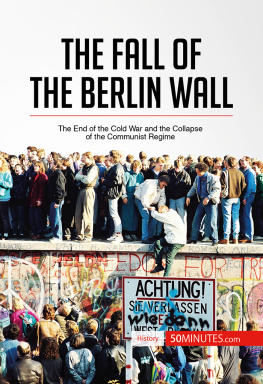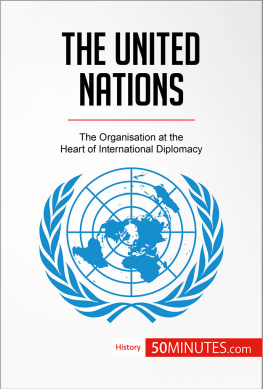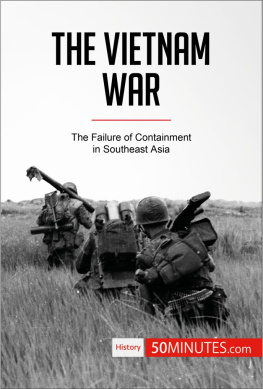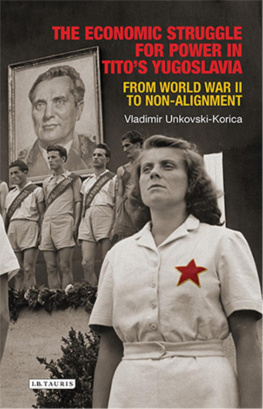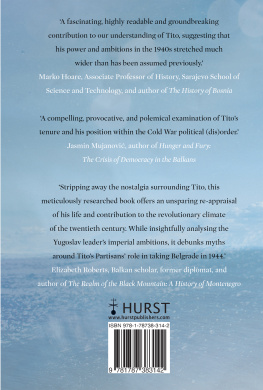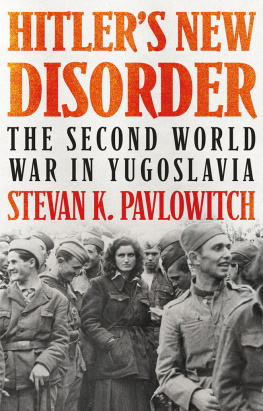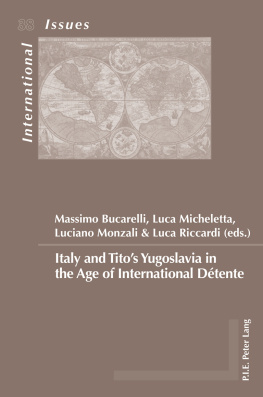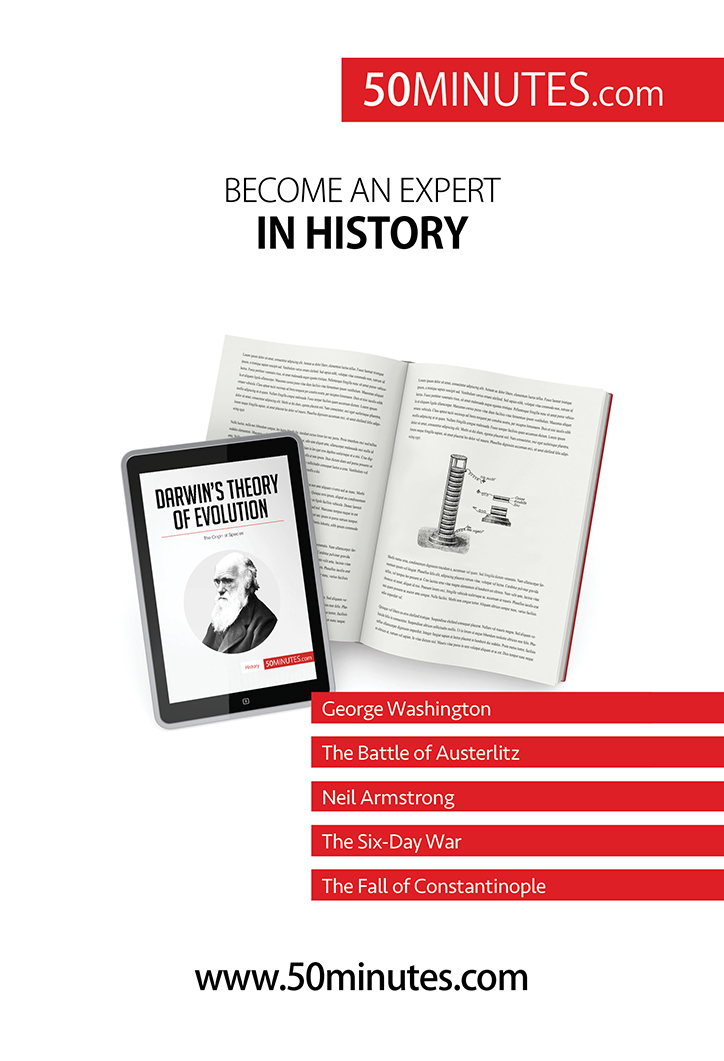Josip Broz, better known as Tito, stands out as one of the figures who had the greatest and most enduring influence on the history of a European nation during the 20 th century. For 35 years, from 1945 to his death in 1980, he governed the now-defunct state of Yugoslavia. He led a successful resistance movement throughout the Second World War (1939-1945), and although he openly defied Stalin and the USSR at the beginning of the Cold War, he chose not to align his country with the Western Bloc.
As such, he was one of the driving forces behind the creation of the Non-Aligned Movement in 1961, which brought together all the countries which did not side with either of the two global superpowers at that time, namely the USA and the USSR. He was also the movements first Secretary-General, holding the position from its foundation until 1964, and throughout the Cold War Yugoslavia was its only European member state.
After Titos death in 1980, Yugoslavia only survived for 12 more years, dissolving in 1992 amid a series of bloody wars between its constituent republics.
BIOGRAPHY
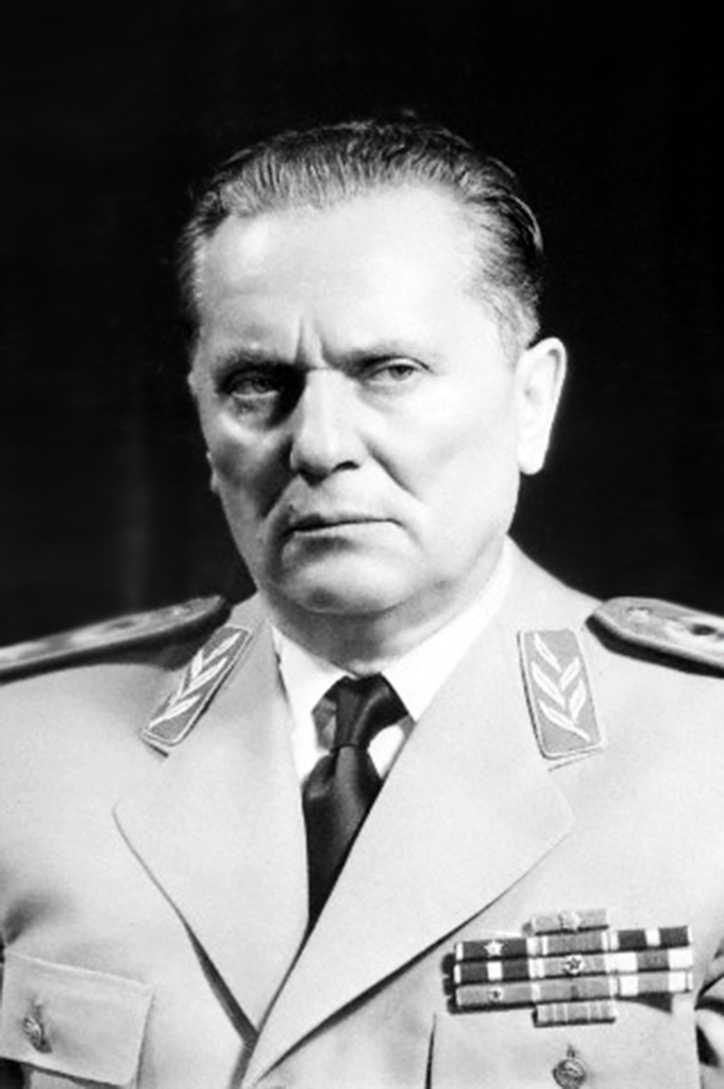
Tito in 1961.
Josip Broz was born on 7 May 1892 in Croatia, which at that time was part of the Austro-Hungarian Empire. His father was Croatian and his mother was Slovenian, and he was their seventh child. He grew up in a world that was in the midst of a period of major social and economic change.
SERVICE IN THE AUSTRO-HUNGARIAN ARMY
The fact that Broz was from a peasant family meant that his schooling was inconsistent, and three years after leaving school at the age of 12, he left his village to become a metalworking apprentice in a factory in the city. There, he discovered the burgeoning labour and trade union movements. In 1911, at the age of 19, he set off on a two-year journey across the Austro-Hungarian and German Empires, against the backdrop of the Balkan Wars which were ravaging the Balkan Peninsula at that time. In late 1913, he was conscripted into the Austro-Hungarian army, and after completing training for non-commissioned officers, he was promoted to the rank of sergeant major.
THE BALKAN WARS
In 1912, the Balkan League, comprising the Christian nations of Serbia, Bulgaria, Greece and Montenegro, declared war on the Muslim Ottoman Empire, which had been left weakened by a war in which it had lost Libya and other territories to Italy.
In the ensuing six-month conflict, the Balkan League conquered almost all of the Ottoman Empires territory in Eastern Europe, which its members shared among themselves; furthermore, the European powers recognised Albania as an independent state. However, not all the victors were happy with the outcome of the war: Bulgaria felt cheated because it had not received the share of territory that had previously been agreed upon, and declared war on its former allies.
The Second Balkan War began on 16 June 1913, but Bulgarias resources had been drained by the previous conflict and it failed to achieve its objectives. Romania then entered the war in order to acquire territory that Bulgaria has promised it but subsequently refused to cede. Bulgaria surrendered in July 1913, when Romanian troops were advancing on Sofia.
Broz was still serving in the army when the First World War (1914-1918) broke out. He fought against Serbia for several months before being sent to the Eastern Front to fight against Russia. He was captured by the Imperial Russian army in May 1915, and during his time as a prisoner of war he discovered Bolshevik ideology, which was becoming increasingly widespread at this time, and participated in the Russian Revolution by joining the Red Guard, a collection of groups of armed workers fighting against the Tsars forces.
In 1920, he returned to his homeland, which was now part of a new country called the Kingdom of Serbs, Croats and Slovenes, a reflection of the numerous nationalities living there. This nation was founded on 1 December 1918 and brought together the Slavic territories of the Austro-Hungarian Empire, which had collapsed, as well as the Kingdom of Serbia.
COMMUNIST ACTIVISM
Shortly after returning to the country, Broz became involved with the recently founded Communist Party of Yugoslavia (KPJ), until it was banned by the government in December 1920. In spite of the ban, he continued with his activism and was fired from multiple jobs as a result.
In 1923, he was contacted by one of the party leaders and rejoined as an active member. In 1925, he began serving as a party functionary and was tasked with organising its local and regional activity.
By 1928, the KPJ was riven by internal divisions, which Broz sought to smooth over by appealing to Moscow and the Comintern (the organisation that brought together pro-Soviet Communist parties around the world). He was arrested in August of that year and sentenced to five years in prison for allegedly planning bomb attacks.
On his release, Broz resumed his activities for the KPJ, whose central committee had fled to Vienna, and also continued working for the Comintern. In 1934, he adopted the name of Tito, a common first name of Croatian origin.
As the years went by, Tito travelled to the USSR on numerous occasions and began to make a name for himself. Moscow tasked him with reorganising the KPJ, and when the partys leader Milan Gorki (Yugoslav Communist leader, 1904-1937) fell victim to one of the purges led by Joseph Stalin (Soviet leader, 1878-1953), Tito took advantage of this situation to claim the position for himself in January 1938.
His leadership strategy was based on armed insurrection and sought to create a federated Yugoslavia modelled after the USSR, as he believed this was the only way to resolve the differences between its constituent nations. He still held this position on 6 April 1941, when Nazi Germany invaded Yugoslavia.
SOCIAL AND POLITICAL CONTEXT
THE BALKANS FROM 1914 TO 1941
Titos rise to power cannot be understood without some background knowledge of the geopolitical evolution of the Balkan Peninsula following the end of the Balkan Wars. In 1914, shortly before the outbreak of the First World War, Europe particularly Central and Eastern Europe was more unified than it is today. The two vast empires of Central Europe, namely the German Empire and the Austro-Hungarian Empire, encompassed huge swathes of territory (the German Empire covered modern-day Germany, part of Denmark, part of Poland and part of France, while the Austro-Hungarian Empire included Austria, Hungary, the Czech Republic, Slovakia, Slovenia, Croatia, Bosnia-Herzegovina, part of Poland, Romania and Serbia).
The Balkan states played a major role in the First World War. Archduke Franz Ferdinand (1863-1914), the heir to the Austro-Hungarian throne, was assassinated by a young Serb nationalist in Sarajevo (present-day Bosnia-Herzegovina), which served as a pretext for the Empire to declare war on the Kingdom of Serbia and in doing so extend its influence over this coveted region of Europe. The numerous alliances that had been established in the previous years then drew the rest of Europe and most countries around the world into the conflict.








